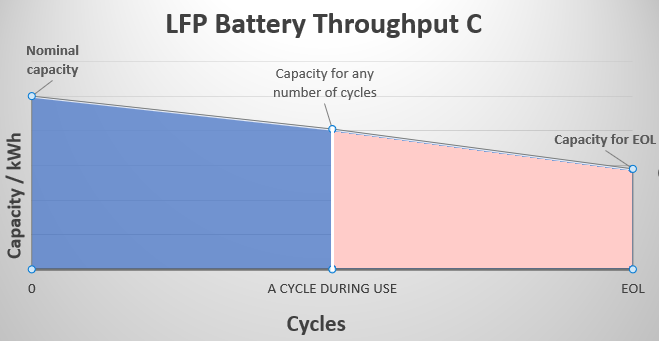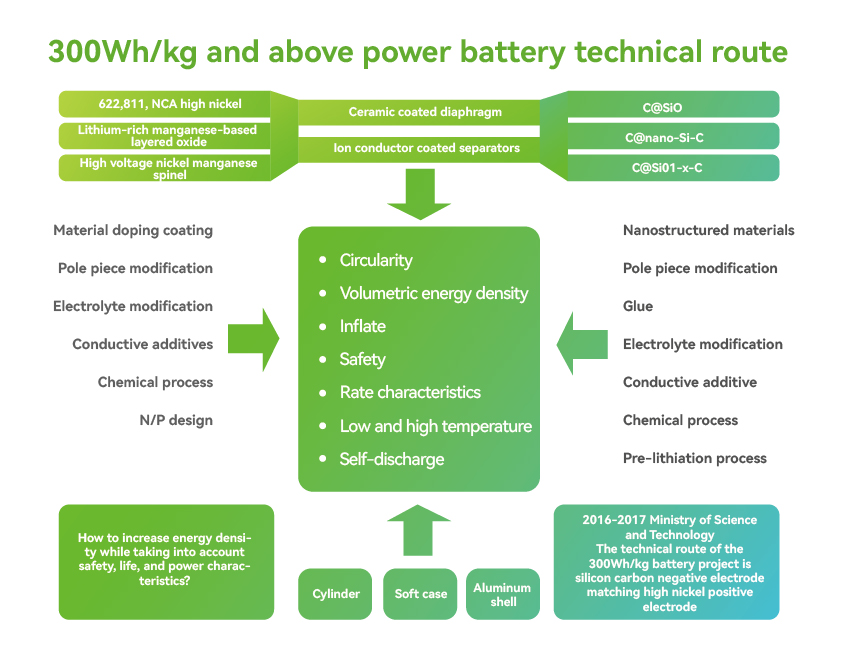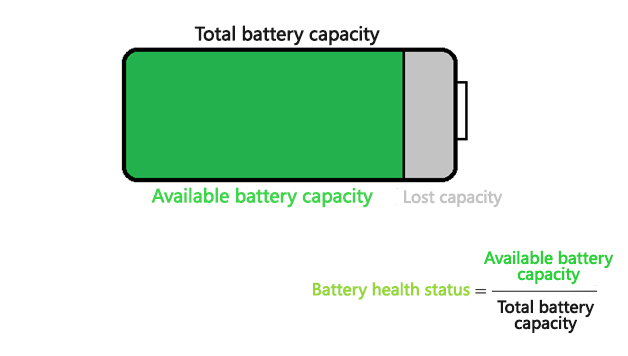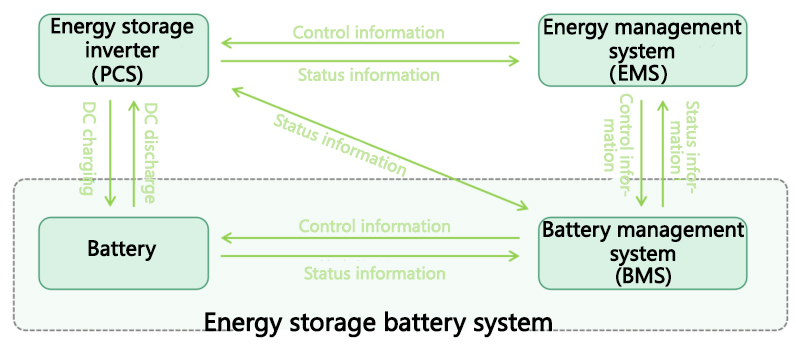Dyness Knowledge | Solar and energy storage must-learn terminology(Lithium battery throughput)Introduction
Power Generation
Dyness Knowledge | Solar and energy storage must-learn terminology(Lithium battery throughput)Introduction
Dyness Knowledge | Solar and energy storage must-learn terminology(Lithium battery throughput)
Introduction
The throughput of a lithium battery is one of the important indicators to measure its performance. It is affected by capacity, chemical composition, structure, and use environment and working conditions. By choosing the right capacity battery, paying attention to the working environment, and using the battery rationally, the throughput of lithium batteries can be maximized, and a longer service life and stable performance output can be achieved.
Lithium battery throughput refers to the cumulative discharge of electricity during any number of cycles of the battery during its service life. Theoretically, the total throughput of lithium batteries C = (nominal capacity Cn + nominal capacity × capacity retention rate η at the end of service life) / 2 × cycle efficiency × depth of discharge DOD × number of cycles at the end of service life. Note: The cycle efficiency of lithium batteries is generally 90%~95%.

According to the above formula, it can be seen that the total throughput of a lithium battery is mainly affected by its cycle number and discharge depth. The depth of discharge is set by each manufacturer according to the characteristics of the battery cell, usually at 80%~90%, which can be considered a constant. The manufacturer will also give a reference value for the number of cycles when the lithium battery is on the market. However, during the use of the battery, its cycle times will continue to change according to different environmental conditions, usage patterns and operating habits, so that the throughput of the lithium battery becomes a dynamically changing value.

The shaded area shown in the figure above is the throughput of the lithium battery when it is in use, which is a dynamic value that increases as the number of cycles increases. The blue shading represents the cumulative throughput of the lithium battery at any number of cycles. The red part is the remaining throughput at the end of the battery life. The sum of the two is the total throughput of the lithium battery.
The throughput of the lithium battery is monitored by the microcontroller on the internal battery management system (unit) and some sensors to monitor the charge and discharge of the battery, and then count the throughput of the battery. Battery manufacturers and users can check the throughput of the battery through the computer or the inverter at any time node.
The throughput of lithium batteries is also one of the reference conditions for battery quality assurance. Assuming a 10kWh battery, the DOD set by the manufacturer is 80%, and a 10-year warranty is given with an average daily cycle frequency of use, that is, the number of cycles that can be used within the warranty period is 3650 times, and the capacity retention rate after 10 years is 70%, which is 7kWh, The cycle efficiency is 90%. According to the above formula, it can be concluded that the total throughput of the lithium battery within the 10-year warranty is about 22MWh. For some users with high frequency of battery use, the average daily use of lithium batteries exceeds one cycle, so that the uncertainty of the corresponding warranty period and throughput can help users understand the warranty conditions more concretely. It can also assist in the calculation of the cost per kWh of the battery during use, so that the energy storage system can be configured and used more scientifically and effectively.
Dyness Digital Energy Technology Co., LTD
WhatsApp: +86 181 3643 0896 Email: info@dyness-tech.com
Address: No.688, Liupu Road, Suzhou, Jiangsu China
Dyness community: https://www.facebook.com/groups/735600200902322




